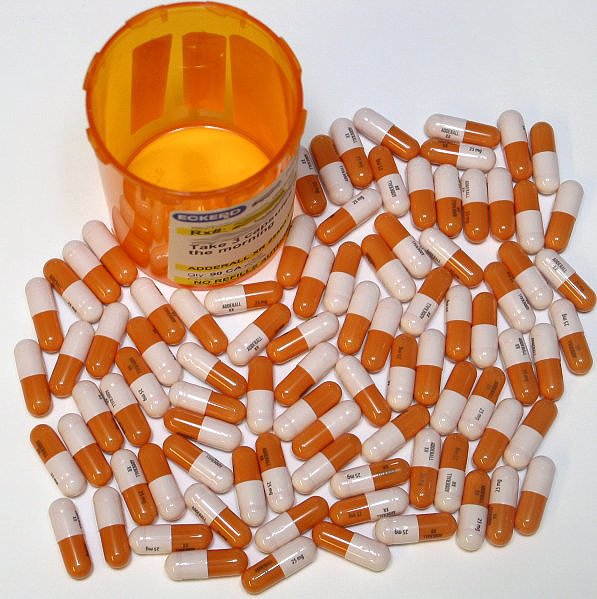Nelson Vergel
Founder, ExcelMale.com
Have you benefited from compounded hormone therapy?
If so, you won't be happy with what the FDA is planning.
The FDA has never been a fan of pharmacy compounding, but now it looks to be making a move that could keep millions of people from using a critical therapy.
Here's the deal:
Last year, the agency paid the National Academies of Science, Engineering, & Medicine to do a study of compounded hormone therapy (cBHT). The study concluded that there isn't much
clinical evidence for or against its use. But then NASEM recommended that cBHT be restricted — which is exactly what the FDA wanted it to say.
Never mind that millions of Americans use cBHT every day and rely on it. Never mind that the study didn't find any significant negative effects of cBHT. Oh, and never mind that the
NASEM study didn't even ask the basic question: Does cBHT work for patients? (It does. Very well.)
And now:
The FDA is using that study — yes, the one it paid for — as an excuse to consider limiting compounded hormone therapy.
You read that right:
If you or someone you know uses cBHT, it might not be available any more.
Luckily, members of the U.S. House of Representatives have written a joint letter to the FDA commissioner, asking that the agency not limit compounded hormone therapy.
You can help protect hormone therapy by asking your member of Congress to sign
these letters!
Ask your U.S. House member to sign the joint letter to FDA sponsored by Reps. Pocan, Herrera-Beutler, Cuellar, and Roe.
We’ve made it easy for you: Click the box below, and you’ll find a pre-written message — feel free to customize it — to send to your elected officials. Takes less than two minutes
to do it.
 www.p3rx.org
www.p3rx.org
If so, you won't be happy with what the FDA is planning.
The FDA has never been a fan of pharmacy compounding, but now it looks to be making a move that could keep millions of people from using a critical therapy.
Here's the deal:
Last year, the agency paid the National Academies of Science, Engineering, & Medicine to do a study of compounded hormone therapy (cBHT). The study concluded that there isn't much
clinical evidence for or against its use. But then NASEM recommended that cBHT be restricted — which is exactly what the FDA wanted it to say.
Never mind that millions of Americans use cBHT every day and rely on it. Never mind that the study didn't find any significant negative effects of cBHT. Oh, and never mind that the
NASEM study didn't even ask the basic question: Does cBHT work for patients? (It does. Very well.)
And now:
The FDA is using that study — yes, the one it paid for — as an excuse to consider limiting compounded hormone therapy.
You read that right:
If you or someone you know uses cBHT, it might not be available any more.
Luckily, members of the U.S. House of Representatives have written a joint letter to the FDA commissioner, asking that the agency not limit compounded hormone therapy.
You can help protect hormone therapy by asking your member of Congress to sign
these letters!
Ask your U.S. House member to sign the joint letter to FDA sponsored by Reps. Pocan, Herrera-Beutler, Cuellar, and Roe.
We’ve made it easy for you: Click the box below, and you’ll find a pre-written message — feel free to customize it — to send to your elected officials. Takes less than two minutes
to do it.
Patient Advocacy | Contact Congress!
Have you read or heard that the FDA and the pharmaceutical industry are trying to keep you from receiving the medicine tailored just for you?



















